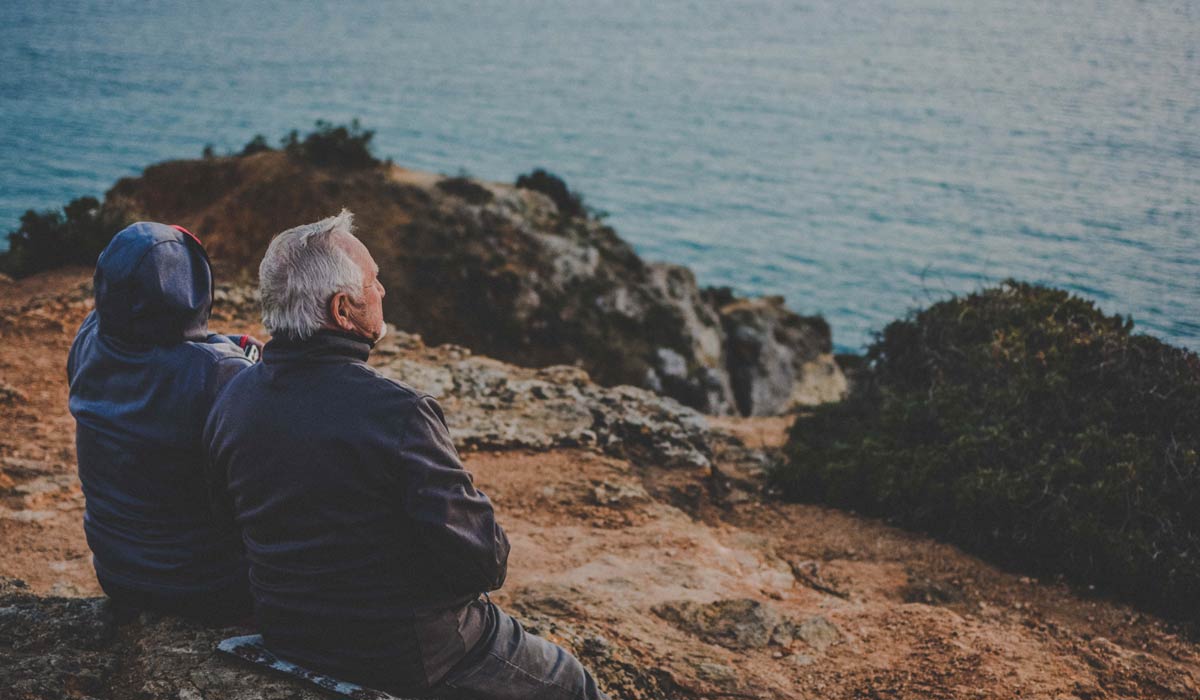Parenting Adult Children, Part Two

This week, Dan and Becky Allender continue their conversation about the complex world of parenting adult children. They wrestle with weighty categories of regret, grief, and worry, and the deep belief that any relationship can be engaged with a hope for redemption.
Dan: “I don’t care how you have parented, I don’t care how well you have loved your children or they have loved you, or how broken the relationship is—there is always the potential for more. If there is one message you hear, from beginning to end: nothing is so hopeless that there is not the potential for change.”
Given The Allender Center’s core belief that our stories give shape to our styles of relating, it’s no surprise that the conversation turns to the need to wrestle with the shadows in our own hearts before we can hope for healing in our relationships with others.
Dan: “You will have no better relationship with your adult children than you have with your spouse.”
Becky: “Or with yourself.”
Dan: “Or with yourself. Before you do work with your adult children, you may want to do significant work with regard to yourself.”
If all you look to is the current issue, you’re not seeing the iceberg under the surface.
Where are you blocked? Where do you feel guilt, anger, shame? Where does it hurt? Becky shares how she is just beginning to learn to be kind to herself, and she is realizing that, when that hasn’t been the case in the past, she has often been full of pressure and expectation toward herself and others. Dan reflects vulnerably about how the tensions in his own story and his work spilled over into his marriage and his relationships with their children.
Dan: “You need to begin the process of working out how your own style of relating, your way of being in the world, has had a dark shadow over your children. […] You will only deal with the present to the degree that you are open to addressing the past.”
As we learn to tell the truth about our own story and family of origin, we will find space for honesty and intimacy in our relationships with other adults, space to say that which has seemed unsayable for so long. Tending to our own places of wounding frees us to be honest and courageous in the ways we love others, and it reflects the staggering, incomprehensible gift of the healing love of God.
Becky: “We have to be kind to ourselves, we have to tend to where we were hurt, and we have to go to where we have hurt our own children.”
Dan: “I know what I want to bring to my child, and that is blessing and honor—which is never to capitulate to them and simply do what they wish, nor is it to avoid conflict as if the relationship is too fragile. […] Be patient, continue in prayer, have a heart that believes there will be a day of reconciliation.”
